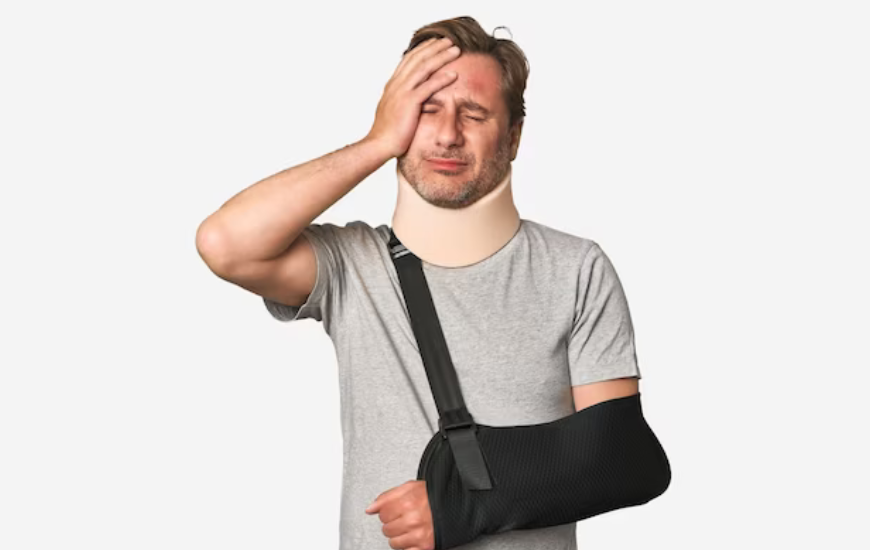Head Injury

If you or someone else has suffered a head injury, it's crucial to seek immediate medical attention. Head injuries can range from mild to severe, and only a healthcare professional can properly assess and provide appropriate treatment.
Here are some general guidelines and information about head injuries:
Immediate Actions:
- Emergency Services: Call emergency services (911 or your local emergency number) immediately if the person:
- Is unconscious or has difficulty staying awake.
- Experiences seizures.
- Shows signs of severe head trauma.
- Do Not Move the Person: If there is a possibility of a spinal injury, avoid moving the person unless it's necessary to protect their life.
Signs and Symptoms of a Head Injury:
- Mild Head Injury:
- Headache.
- Nausea or vomiting.
- Fatigue.
- Mild confusion or disorientation.
- Brief loss of consciousness.
- Moderate to Severe Head Injury:
- Prolonged unconsciousness.
- Persistent headache.
- Repeated vomiting.
- Seizures.
- Clear fluids draining from the nose or ears.
- Dilated pupils.
- Difficulty speaking or slurred speech.
After Seeking Medical Attention:
- Follow Medical Advice: Adhere to any recommendations or instructions provided by healthcare professionals.
- Rest and Monitoring:
- Get plenty of rest.
- Avoid activities that could lead to a second head injury.
- Monitor for any changes in symptoms.
- Medication: Pain relievers and other medications may be prescribed based on the severity of the injury.
- Follow-up Care: Attend any scheduled follow-up appointments to assess progress and address concerns.
Prevention:
- Protective Measures: Use appropriate safety gear in activities prone to head injuries (e.g., sports helmets, seatbelts).
- Fall Prevention: Take precautions to prevent falls, especially in the elderly or those at risk.
- Safety in Sports: Follow safety guidelines for sports activities to minimize the risk of head injuries.
Remember, the information provided here is general in nature, and it's crucial to consult with a healthcare professional for personalized advice based on the specific circumstances of the head injury.
